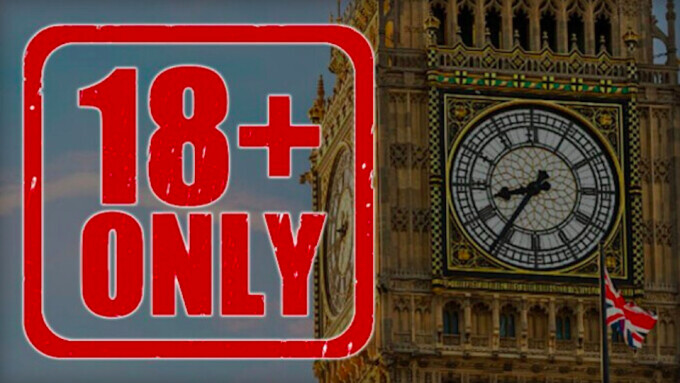LONDON — The U.K. government continues expanding the scope of a proposed Online Safety Bill, despite criticism by opponents and digital rights advocates that it is increasingly becoming an out-of-control, repressive “kitchen sink” bill.
“Back in May, when the draft Online Safety Bill was published, the government said it would impose a duty of care on digital service providers to moderate user-generated content in a way that prevents people — and especially children — from being exposed to illegal and/or harmful stuff online,” TechCrunch reported today. “Since then parliamentary committees have been poring over the proposal.”
However, TechCrunch notes, U.K. parliamentarians have gone beyond online platforms in response to concerned observers seeking to “ensure the legislation does not misfire — including by failing to hit its intended targets,” which by now now include a vast, nebulous list of supposed wrongdoers, with a scope that ranges from “terrorists and distributors of CSAM to bullies, racists and trolls” and beyond. This week, for example, the Boris Johnson-led government added “scam ads” to the list, after pressure from lobbyists.
“In parallel, it has also launched a consultation on strengthening existing regulation of the online ad industry, laying out a range of options to beef up rules for advertisers more generally,” TechCrunch reported.
This mission creep is what digital rights advocates have been warning about when explaining that the alleged intention of “protecting the children” had quickly devolved into suspect, sweeping claims about “the harms of pornography.”
Sex-Inclusive Social Media Platforms Targeted
Last month, as XBIZ reported, U.K. government officials confirmed that social media sites “hosting large amounts of pornographic material, such as Twitter and Reddit” would have to “introduce systems to remove adult material in the U.K., or introduce age checks to determine whether users are over 18.”
That was one of the first official confirmations that the measure has as eventual targets not only “pornographic websites” — however politicians in power in specific districts decide to define that term — but also any website that tolerates sexually explicit content.
Eradicating adult content from open platforms has been one of the core objectives of the religiously inspired, U.S.-based groups that are at the forefront of the War on Porn, including NCOSE and Exodus Cry and their mouthpieces.
As many sex workers and advocates have pointed out, mandating age verification on any site that might host sexual expression deemed “pornographic” by local authorities would result, in practice, in a serious threat to free speech, to LGBTQ+ education and to the ability of sex workers to market their content and make a living.
With sex workers stigmatized and discriminated against by platforms such as Facebook, Instagram and YouTube, Twitter and Reddit are currently two of the few general-interest online spaces that tolerate adult content. They also provide sex workers with the ability to promote accounts on premium fan platforms such as OnlyFans, an option that has become crucial to their income and livelihood.
The Increasingly Sprawling 'Safety' Bill
Besides anti-porn crusaders, TechCrunch explained today, “campaigners on a range of online safety issues have also been very vocal in pressing for the bill to be beefed-up to deal with their particular 'beefs.' So despite earlier drafts already facing criticism of being a ‘kitchen sink’ bill on account of the sprawling scope — and a warning from a former secretary of state, no less, that 'everyone is going to try and hang their own particular hobby horse' on the bill — in recent weeks there have been a flotilla of announcements from the Department of Digital, Culture, Media and Sport (DCMS) to bolt on even more provisions in the name of further strengthening the proposal.”
The current draft of the bill mandates that sites belonging to the yet-undefined legal category of “pornography websites” be required to provide “robust” age checks. The bill will also expand “the list of criminal content and offenses that will be added to the face of the bill to force more proactive takedowns from platforms,” and will order “the largest platforms” to provide users “with a verification option and the ability to only receive replies and messages from verified accounts — with the goal of giving people tools to beat trolls.”








